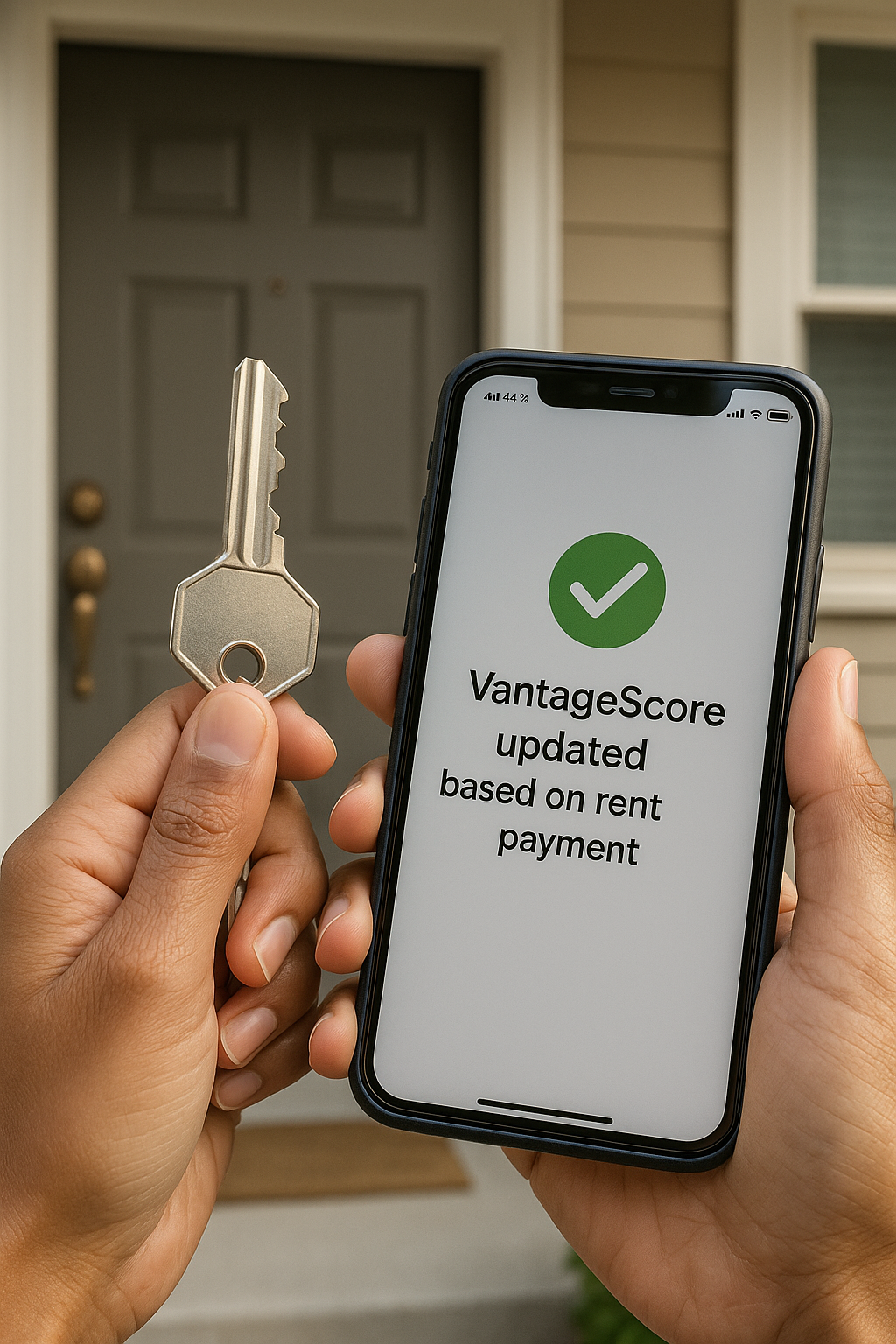
One of the most exciting milestones in adulthood is buying your first car. It symbolizes ultimate freedom—no more asking Dad to take you to practice or relying on Mom for a lift to the mall to buy those shoes you’ve been saving for all summer. As thrilling as this milestone can be, it’s important to understand several factors when purchasing your first car. Here are some essential tips on buying your first car:
1. Follow the 20/4/10 Rule
A good financial rule of thumb when buying a car is the 20/4/10 rule. This guideline suggests:
- 20% down payment: Putting down at least 20% of the car’s price upfront helps reduce the amount you need to finance, which can save you money on interest over the life of the loan.
- 4-year loan term: Opt for a loan term of no more than four years. While longer loan terms might lower your monthly payments, they can also mean paying more in interest overall.
- 10% of your monthly income: Your monthly car payment should not exceed 10% of your gross monthly income. This ensures that your car expenses remain manageable within your budget, leaving room for other financial priorities.
2. Understand the Difference Between Regular Credit and Auto Credit
When financing your car, it’s crucial to know the difference between regular credit and auto credit. Auto credit refers specifically to loans for purchasing vehicles, typically offering lower interest rates because the car serves as collateral.
An important aspect of auto credit is the Auto Credit Score—also known as an auto-enhanced credit score. This score focuses more on your history with auto loans and leases. A strong record of timely payments on past auto loans can boost your auto score, potentially making it higher than your regular FICO score. On the other hand, any delinquencies on past auto loans can lower your score, affecting your loan terms.
Understanding these distinctions helps you make informed decisions about financing your vehicle.
3. Identify Your Needs: New vs. Used Cars
Before buying a car, take the time to identify your needs. Consider factors such as your budget, lifestyle, and how long you plan to keep the vehicle. New cars come with the latest features, warranties, and the allure of being the first owner. However, they depreciate quickly, which means they lose value as soon as you drive them off the lot.
Used cars, while potentially lacking the latest features, can offer significant savings and lower depreciation. Doing thorough research, including reading reviews, checking the vehicle’s history report, and comparing prices, is crucial. This preparation not only helps you find a car that suits your needs but also strengthens your position when negotiating the price.
Happy Car Shopping!
Buying your first car is a significant and exciting step toward independence. By following the 20/4/10 rule, understanding your financing options, and carefully considering whether to buy new or used, you can make a well-informed decision that fits your budget and lifestyle.







